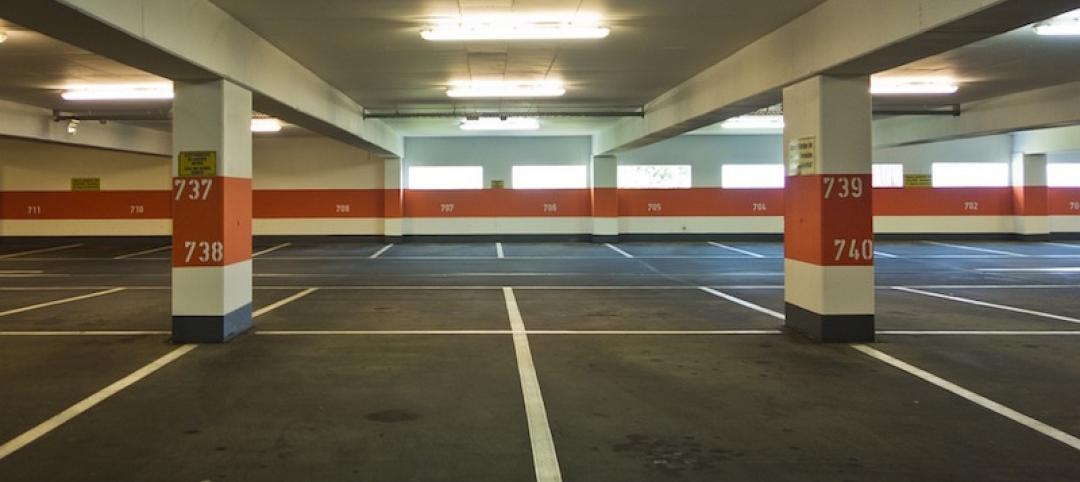The Washington D.C. Council recently passed legislation that will make it more expensive for owners to hold vacant or blighted property.
The Vacant Property Enforcement Act of 2016 reduces the maximum amount of time a vacant property can qualify for an exemption from higher vacancy tax rates. It also closes a loophole that allows continuous renewal of construction permits to qualify for tax exemptions, and require owners of vacant properties to prove they are no longer subject to the higher tax rates.
"The District has a substantial number of vacant properties, many of which are poorly maintained,” the bill report says. "Property owners may keep their properties vacant or fail to maintain them because they expect property values to rise over time. Poorly maintained and vacant properties can damage surrounding communities by being eyesores, by serving a venue for drug use and by providing a home for rodents or other animals. The net effect is to reduce the feeling of a cohesive community and depress surrounding property values."
The legislation reduces the time an owner can claim an exemption from higher taxes because of construction to one year for residential properties and to two years for commercial properties. Fines for failing to comply with city property regulations will rise from $1,000 to $5,000.
Related Stories
Standards | Aug 16, 2016
Standard for conducting, reporting energy audits open for review
A joint ASHRAE/ACCA proposal seeks comments from industry professionals.
Legislation | Aug 10, 2016
Calif. bill would speed up environmental lawsuits on certain projects
A nine-month limit has been proposed for some $100 million-plus projects.
Resiliency | Aug 10, 2016
White House pushes for better finance strategies for disaster mitigation and resilience
The move highlights innovative insurance, mortgage, tax, and finance-based strategies.
Regulations | Aug 9, 2016
New trend eases parking requirements for U.S. cities
Transit-oriented development and affordable housing are spurring the movement.
Regulations | Aug 8, 2016
EPA toughens rules to reduce formaldehyde exposure from composite wood products
Products will now have to be labeled as compliant to the new rules.
Regulations | Aug 5, 2016
Stop-work orders in New York City up sharply this year
The orders come after a rise in the number of deadly accidents that have occurred in the past few years.
Sustainability | Aug 4, 2016
S.F. Bay Area voters approve first-of-its-kind tax to fight impact of climate change
The funds from the tax will be used to restore wetlands
Concrete | Aug 2, 2016
Concrete Association builds case against cross-laminated timber
The campaign asserts that not enough is known about CLT in construction
Seismic Design | Jul 28, 2016
Risk of man-made earthquakes now factor in seismic hazard analysis
Significant risk increases seen in some areas of the U.S.
Resiliency | Jul 27, 2016
New York’s resilience plans not taking long-term view, critics charge
Continued waterfront development may be regretted later this century.















